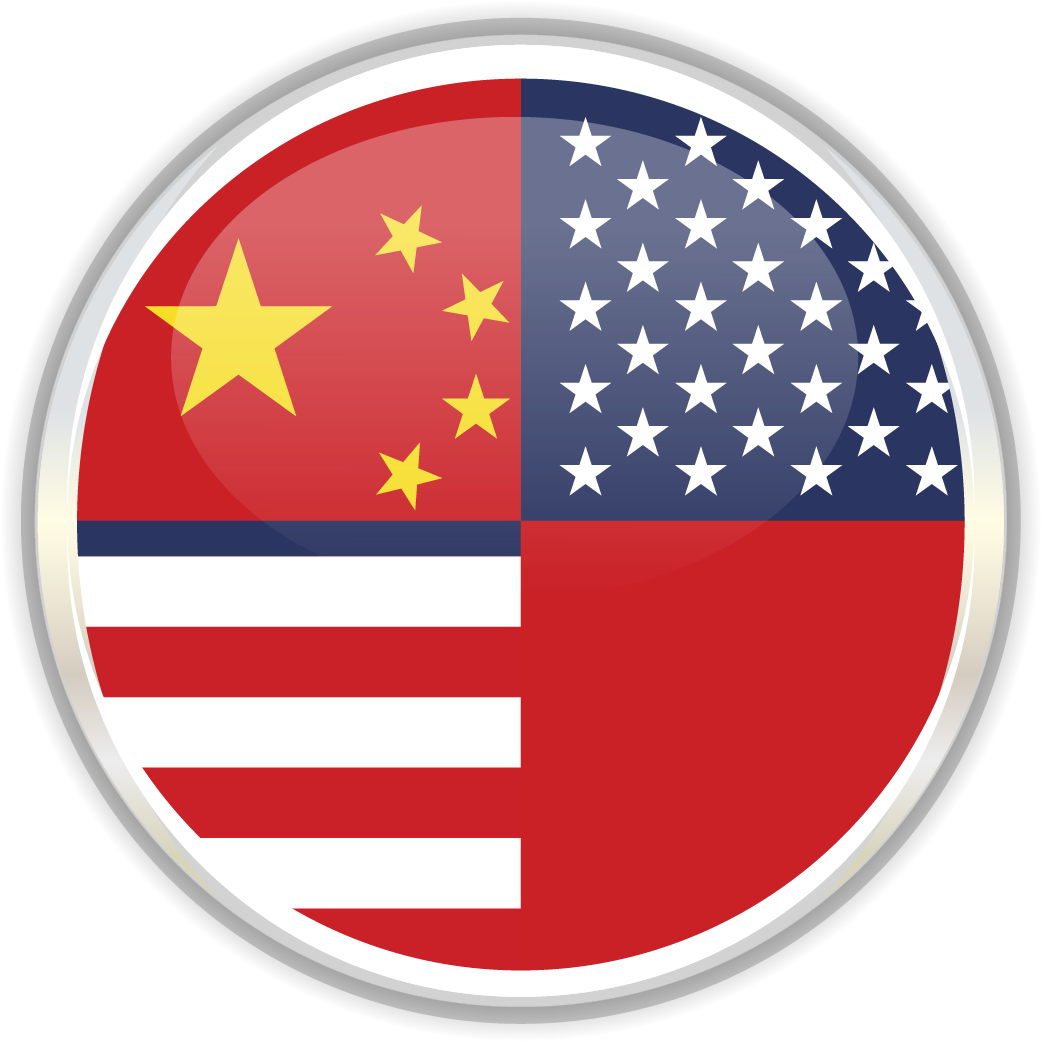管子语录 汉英双解:
- 【原文】何谓四维?一曰礼、二曰义、三曰廉、四曰耻。礼不踰节,义不自进。廉不蔽恶,耻不从枉。故不踰节,则上位安;不自进,则民无巧轴;不蔽恶,则行自全;不从枉,则邪事不生。《牧民》
- 【汉解】什么是四维呢?一是礼,二是义,三是廉,四是耻。有礼,人们就不会超越应守的规范;有义,就不会妄自求进;有廉,就不会掩饰过错;有耻,就不会趋从坏人。人们不越出应守的规范,为君者的地位就安定;不妄自求进,人们就不巧谋欺诈;不掩饰过错,行为就自然端正;不趋从坏人,邪乱的事情也就不会发生了。
- 【英译】What are these four cardinal virtues? The first is propriety, the second is righteousness, the third is integrity, and the fourth is a sense of shame. Propriety consists in not overstepping the bounds of proper restraint. Righteousness consists in not pushing oneself forward at the expense of others. Integrity consists in not concealing one’s faults. Having a sense of shame consists in not following those who go awry. Therefore if no one oversteps the bounds of proper restraint, the position of the sovereign will be safe. If no one pushes himself forward, the people will be free of artfulness and deceit. If no one follows those who go awry, evil practices will not arise.
